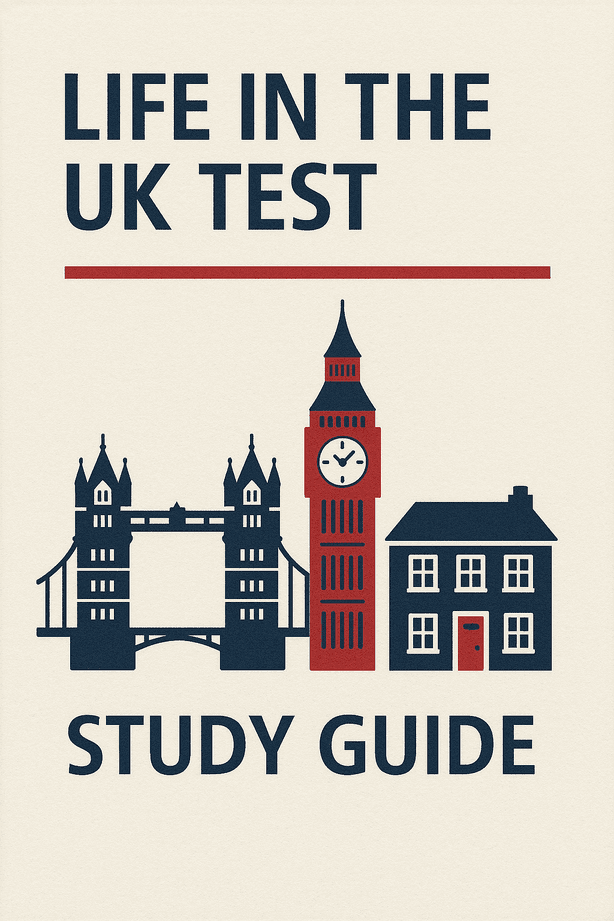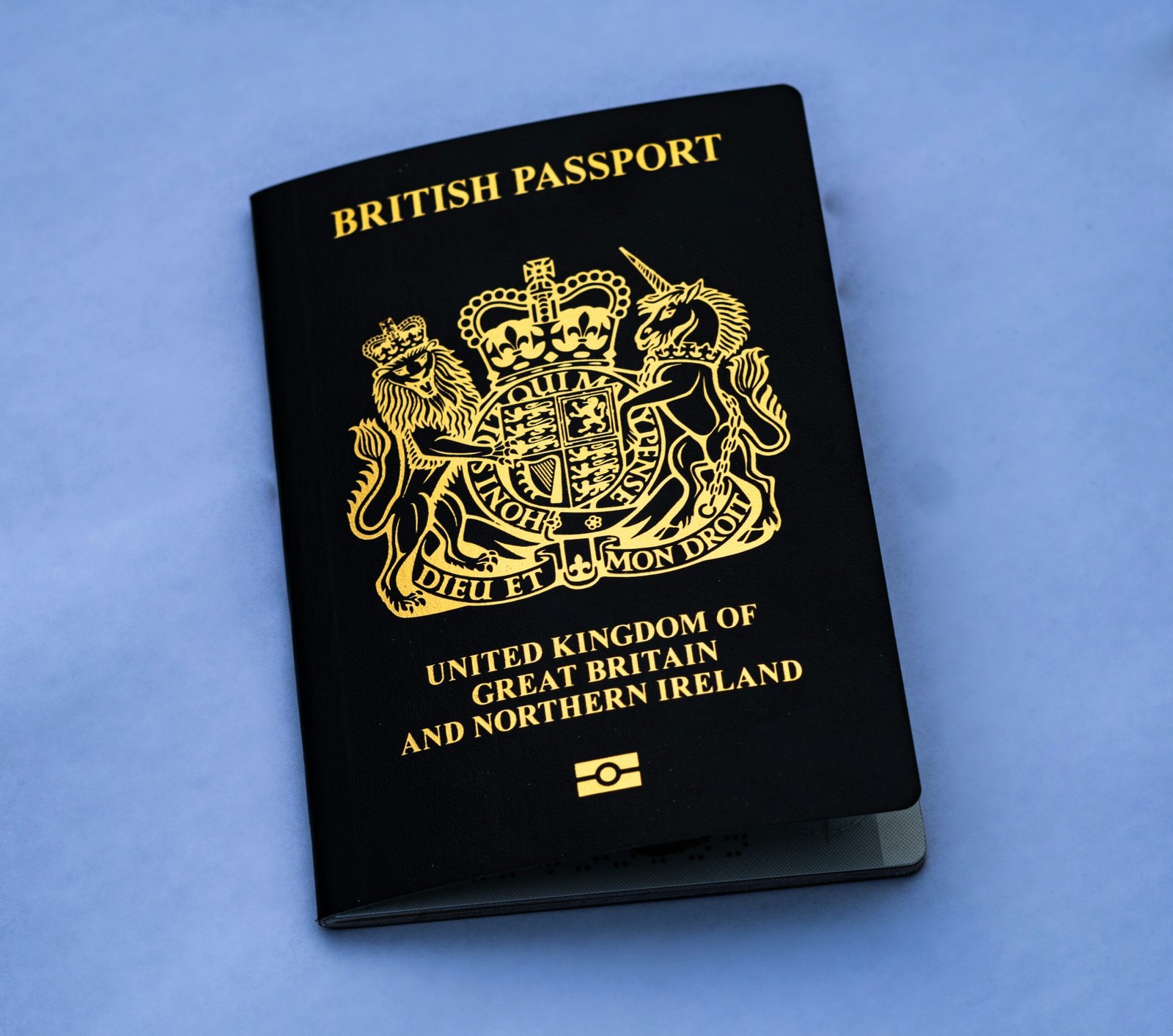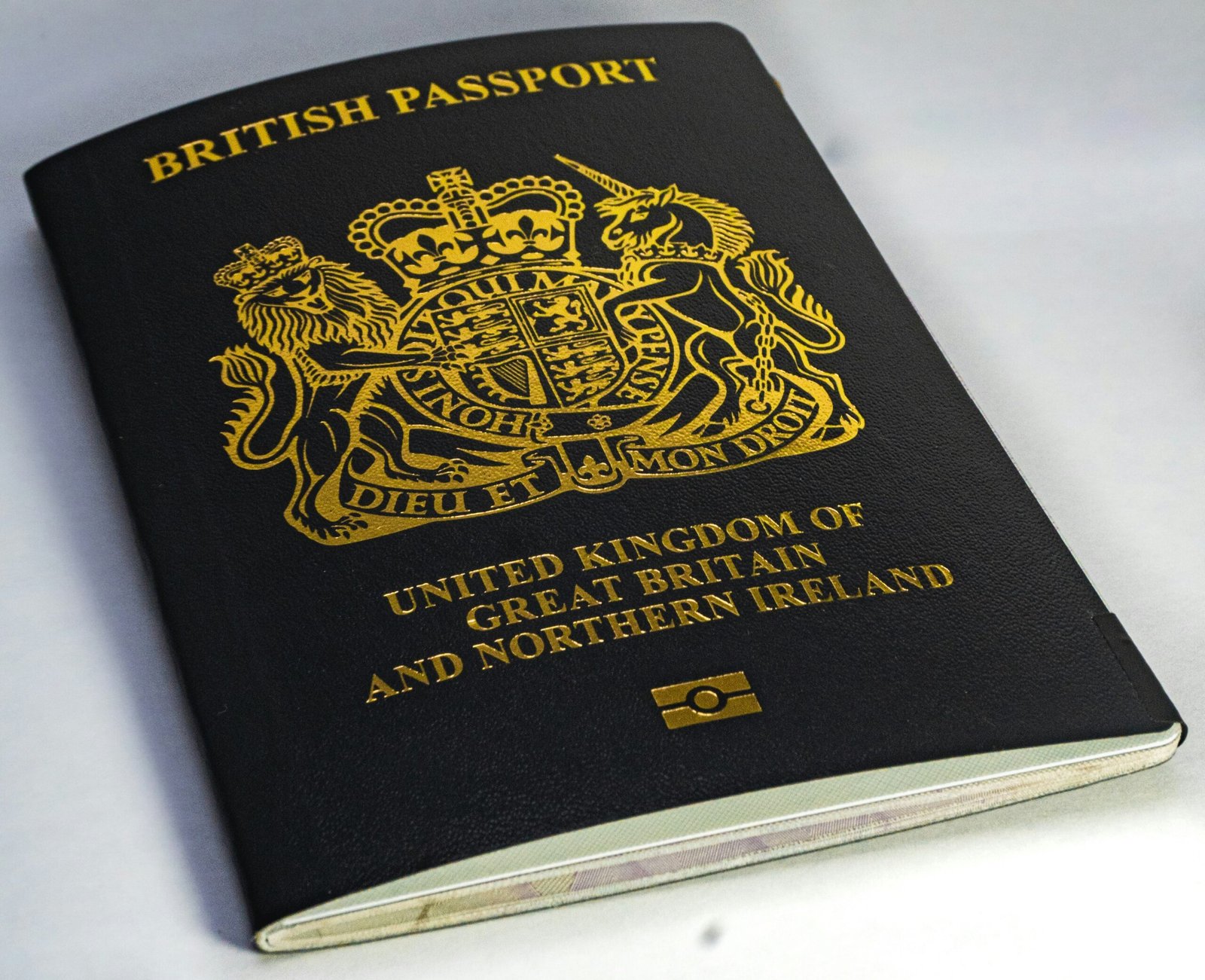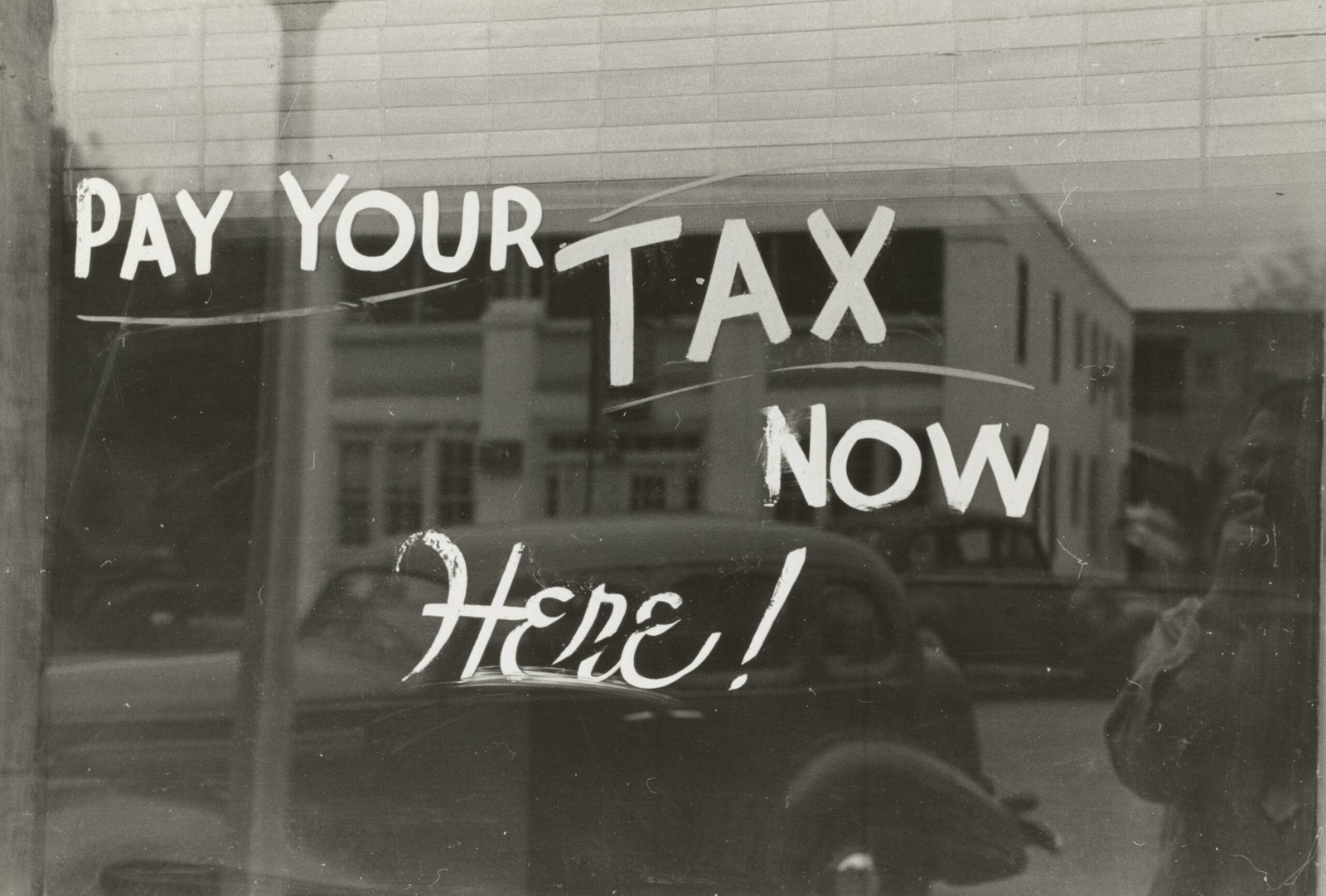Opening a bank account is a fundamental step for any international student or newcomer in the UK. It allows you to receive money, pay for goods and services, manage your budget, and often helps establish your financial footprint. While it might seem daunting, especially with the ‘proof of address’ hurdle, it’s a process that millions before you have successfully navigated.
Here’s your step-by-step guide to getting your first UK bank account:
Step 1: Research Your Options – Not All Banks Are Created Equal for Newcomers
Before you even step foot in a bank, do a little homework. Different banks have different policies and accounts designed for international students or non-residents.
- High Street Banks (Traditional): These are the big names you’ll see everywhere:
- Barclays, Lloyds, HSBC, NatWest, Santander, TSB, Nationwide, etc.
- Pros: Widespread branches, established reputation, full range of services.
- Cons: Can be stricter with proof of address requirements, sometimes harder to get an appointment quickly.
- Best for: Those who prefer face-to-face interaction and traditional banking.
- Challenger Banks (Digital-First): These are app-based banks that are very popular, especially with younger generations.
- Monzo, Revolut, Starling Bank, Monese.
- Pros: Quick and easy online application, often more flexible with proof of address (sometimes accepting international ID), excellent apps, instant notifications.
- Cons: No physical branches (support is usually online/phone), might not offer certain complex services initially.
- Best for: Those comfortable with digital banking, needing a quick setup, or struggling with traditional proof of address.
- Specialist Accounts: Some banks (or specific accounts within major banks) are tailored for international students, with slightly relaxed initial requirements. Check with your university, as they often have relationships with particular banks.
Recommendation: Consider opening a basic account with a challenger bank like Monzo or Starling first. They can often get you up and running very quickly with a UK account number and sort code, which then helps with things like receiving student loans or salary. Once you have some basic UK documents (like a utility bill in your name), you can then consider opening an account with a traditional high street bank if you prefer.
Step 2: Gather Your Essential Documents – The Golden Ticket!
This is where many newcomers face challenges. Banks need to verify your identity and address for anti-money laundering regulations.
- Proof of Identity (Photo ID):
- Passport: This is almost universally accepted and your primary form of ID.
- National ID Card: Some banks might accept this, especially from EU/EEA countries.
- Biometric Residence Permit (BRP): If you have one, this is excellent proof of your right to reside in the UK.
- Proof of Address (This is the tricky one!): This is what banks really need to see. They want official documents (less than 3 months old, usually) that show your name and UK residential address.
- Commonly Accepted (but you might not have these initially):
- Utility bill (gas, electricity, water, landline phone – not mobile phone bills)
- Council Tax bill
- Bank statement from another UK bank (if you have one)
- UK driving licence (if you have one)
- Documents often accepted for students/newcomers (the lifesavers!):
- University Letter: This is your best friend as an international student. Most UK universities provide a specific letter for bank account purposes, confirming your enrolment, course details, and UK address. Make sure it’s on official university letterhead and dated recently.
- Halls of Residence Letter/Tenancy Agreement: If you’re living in university accommodation or a rental property, a signed tenancy agreement or a letter from your halls manager/landlord confirming your address can work.
- NHS or GP Registration Letter: Once you’ve registered with a GP, the confirmation letter (or even the initial appointment letter) can sometimes be accepted. (See, sorting out your GP helps in more ways than one!).
- Employment Contract: If you’re working, an official employment contract showing your UK address can sometimes be used.
- Commonly Accepted (but you might not have these initially):
- Proof of Student Status (for student accounts): Your university acceptance letter or CAS (Confirmation of Acceptance for Studies) number.
- Visa/Immigration Status: Your visa stamp in your passport or your BRP.
Crucial Tip: Always check with the specific bank what documents they accept before you go to apply. Their websites usually have clear lists.
Step 3: Make an Appointment (For Traditional Banks)
For most high street banks, you can’t just walk in and open an account immediately.
- Book Online or Call: Schedule an appointment at your chosen branch. State clearly that you are a new international student/newcomer and need to open a basic current account.
- Bring ALL Your Documents: Even if you think you don’t need it, bring every single document you have from the list above. It’s better to have too much than too little.
Step 4: The Application Process (In-Person or Online)
- In-Person (Traditional Banks):
- Attend your appointment with all your documents.
- A bank advisor will help you fill out the application form.
- They’ll likely ask you questions about your purpose for opening the account, where your funds will come from, and how long you plan to be in the UK.
- They’ll photocopy your documents for their records.
- You’ll likely get your account number and sort code immediately, but your debit card and PIN will be sent separately in the post (for security reasons).
- Online/App-Based (Challenger Banks):
- Download the bank’s app.
- Follow the on-screen instructions. This usually involves:
- Entering personal details.
- Taking a photo of your ID (passport, BRP).
- Recording a short video of yourself saying a few words or moving your head to verify identity.
- Providing your UK address (you might need to upload a document later or confirm it via a letter sent to that address).
- Often, accounts are opened within minutes, and a physical card follows in the post.
Step 5: Activate Your Account and Debit Card
Once your card arrives (it often comes separately from your PIN for security), you’ll need to activate it.
- Follow Instructions: Banks usually provide clear instructions on how to activate your card (e.g., through their app, online banking, or by making a first transaction at a cash machine).
- Set Up Online Banking: Register for online banking and download the mobile app. This is crucial for managing your money on the go.
Tips for a Smooth Experience:
- Apply Early: Don’t wait until the last minute. The sooner you apply, the sooner you’ll have access to your funds. Some banks might take a few weeks to fully process your application.
- Be Patient: If a bank says no, don’t get disheartened. Try another bank or a challenger bank.
- Bring ALL Possible Proof: Even a letter from your university halls confirming your stay can be helpful for proof of address.
- Know Your Address: Make sure you have a stable UK address that you can use, even if it’s temporary (like halls of residence).
- Ask for a “Basic Bank Account”: If you’re struggling, ask for a “basic bank account.” These have fewer features (e.g., no overdraft facility) but are easier to open for newcomers as they pose less risk to the bank.
- Don’t Forget About Fees: Most standard current accounts in the UK don’t charge monthly fees, but always check the terms and conditions.
Opening a bank account might seem like a bureaucratic hurdle, but with the right preparation and by understanding your options, you’ll soon have your finances sorted and be fully ready to enjoy your time in the UK.













Leave a comment